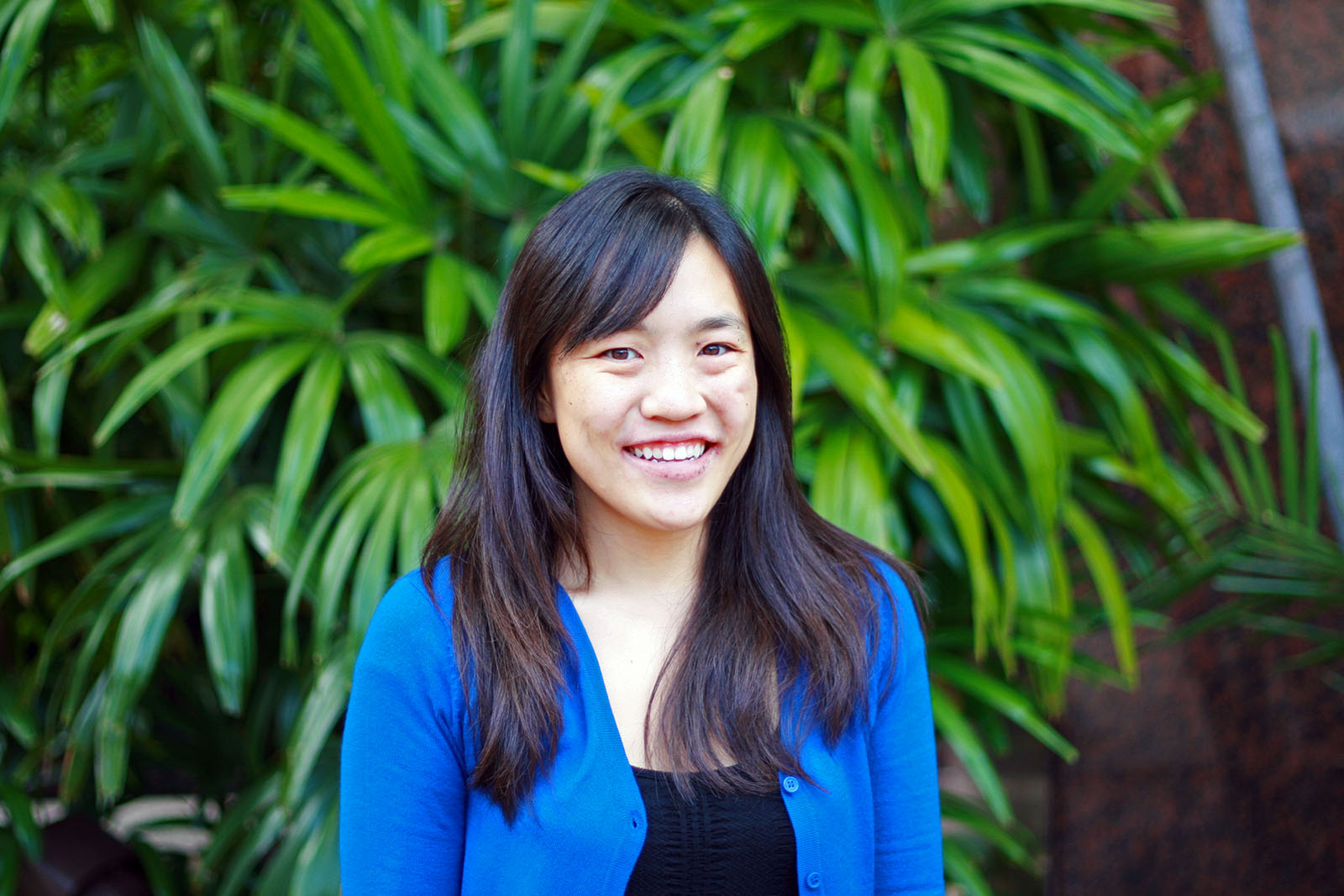Retro-commissioning saves Sheraton Waikiki over $150K annually
Located in the heart of Waikiki, the Sheraton Waikiki resort sits just three miles from the famed Diamond Head crater and a few steps away from the white sands of Waikiki Beach and a variety of local shops. While the Hawaiian hotel complex is a relaxing destination for guests – featuring outdoor pools, restaurants, state-of-the-art fitness center and full service spa – the hotel works hard to meet sustainability goals through energy efficiency and conservation efforts.
As the second largest hotel on the island of Oahu with 1,636 rooms, Sheraton Waikiki requires a significant amount of energy to operate its facility while maintaining guest comfort. Over the past 20+ years, the hotel has invested time and effort into sustainability initiatives and energy-efficient projects. These projects have included high efficiency water fixtures, smart thermostats with motion controls, tinted windows, and networked LED lighting. Recently, Sheraton Waikiki also installed an energy-efficient cogeneration plant to recover waste heat and warm the water for guest rooms and the hotel pools.
In 2020, everything changed when the coronavirus pandemic shut down travel and brought the state’s $18 billion tourism industry to a halt. To help the hard-hit hospitality sector, Hawaii Energy – the state’s energy efficiency program administered by Leidos – quickly responded with a Hotel Relief Bonus initiative. The bonus initiative included limited-time rebates of up to three times the standard incentive amount for a variety of equipment, including chillers, air conditioning equipment, and motors and pumps. These increased incentives helped hotels and lodging facilities implement energy-efficient upgrades that reduced operating costs while stimulating job growth. As a result of the Hotel Relief Bonus initiative, 22 hotels were able to complete 36 energy efficiency projects and secure rebates of nearly $2.6 million. One of the participating hotels was the Sheraton Waikiki.
With the help of Hawaii Energy and Leidos, Sheraton Waikiki completed a retro-commissioning project to assess their facility’s energy performance, take steps to return operational design to the original intent, and identify low- and no-cost energy-saving project opportunities. The retro-commissioning project involved functional performance testing and tune-up of the hotel’s central plant systems – elements that were critical to optimizing the plant’s performance and reducing operational costs. Sheraton Waikiki received an initial Hawaii Energy rebate of over $60,000, and if the hotel takes the recommended project actions, Hawaii Energy will be able to provide Sheraton Waikiki with additional savings-based rebates for project implementation. With the recommended actions, the retro-commissioning project will save the hotel more than $150,000 annually – boosting the facility’s bottom line and advancing its economic recovery.
“The retro-commissioning project helped us take a look at our plant, how it operates and how we can save on our gas usage, save on our electrical usage and make our hot water system as efficient as possible,” said Harzali Hashim, Director of Engineering for Sheraton Waikiki. “We wouldn’t have been able to do this without the support and backing of Hawaii Energy.”
Learn more about what the Sheraton Waikiki did to boost energy efficiency.
Find out how the Hotel Relief Bonus helped these other Hawaii hotels save:
- Highgate Hotels - $433,776 in annual savings
- Aqua Palms - $59,150 in annual savings
- Outrigger Reef - $175,765 in annual savings
Is your utility or organization looking to launch a retro-commissioning program or an offering focused on the hospitality industry? Learn more about the Leidos program solutions that can deliver significant energy savings to your customers and your energy efficiency portfolio.



